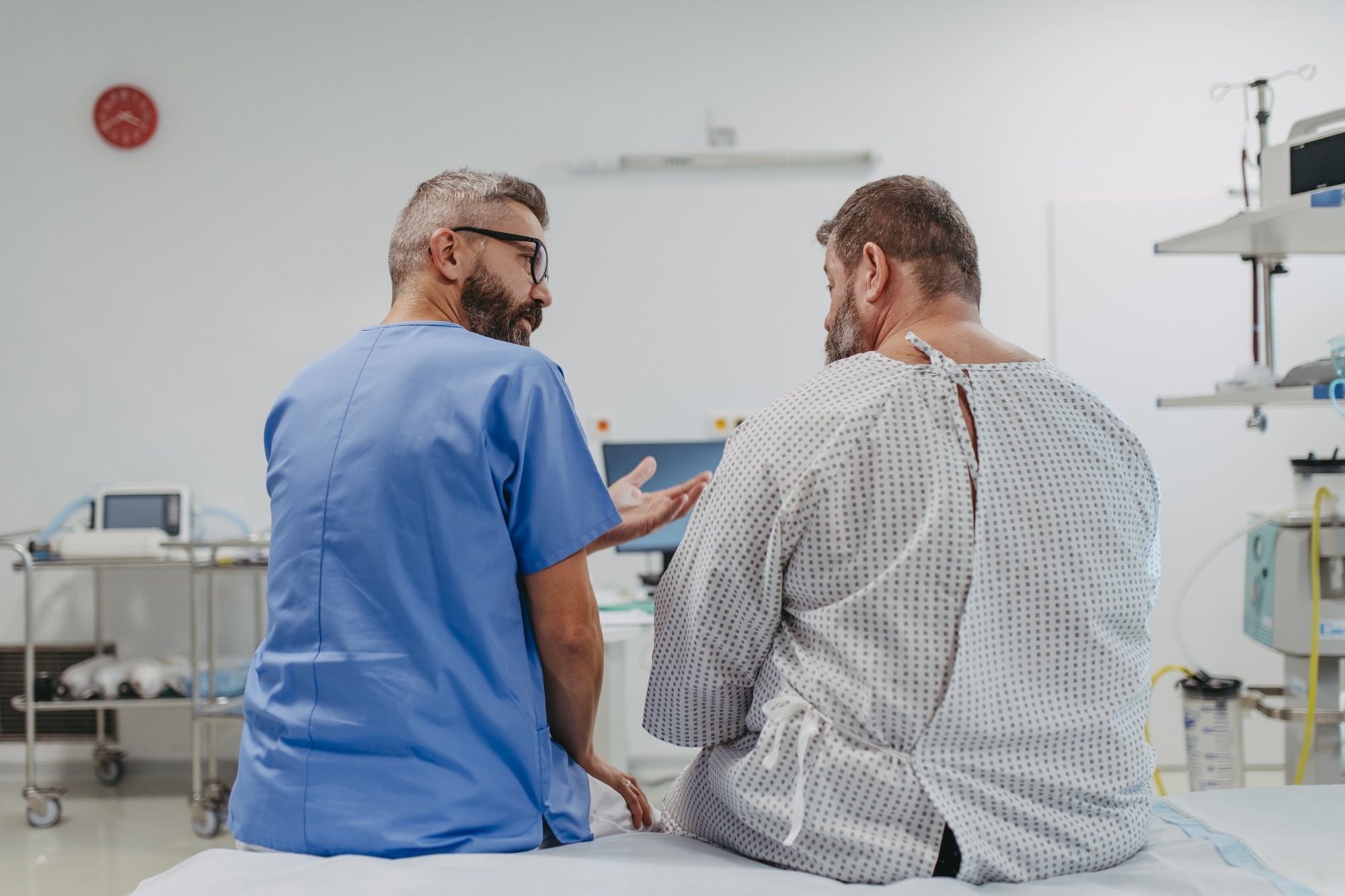Richmond Hospital's 'Nurse in Your Pocket' Innovation

A groundbreaking remote system is transforming how cancer patients navigate the challenging landscape of chemotherapy side effects. This innovative system, known as RESPONSe, provides readily accessible support, significantly enhancing the patient experience and aiming to reduce the burden of unnecessary emergency room visits. It represents a pivotal shift towards more proactive and patient-centric care.
Currently implemented at the Richmond Hospital Cancer Care Clinic, the RESPONSe remote system meticulously observes patients undergoing intravenous chemotherapy. Operating as an outpatient service for over a year, it has successfully addressed more than 500 symptom management inquiries. Patients can conveniently access this vital service through either a mobile application or a dedicated web portal. Dr. Jeremy Ho, a Medical Oncologist at Richmond Hospital, highlights the psychological comfort it offers: “Knowing the care team was a click away was reassuring for some patients and felt like having a nurse in their pocket.” With approximately 5,000 IV chemotherapy treatments administered annually, the clinic is committed to embracing a more proactive and preventative approach to symptom management.
The system's functionality is designed for efficiency and timely intervention. Patients are prompted to complete a comprehensive health check survey, which can then trigger a direct call to their care team or provide immediate self-care advice. All submitted responses are meticulously triaged by the clinic staff, with any concerning symptoms prominently flagged on a centralized dashboard. This streamlined process not only ensures that patients receive the appropriate guidance swiftly but also plays a crucial role in preventing unnecessary trips to the emergency department, a common concern for patients experiencing acute side effects.
Dr. Ho further elaborates on the profound impact of this support, acknowledging the immense stress associated with a cancer diagnosis and chemotherapy. “Not only are they dealing with symptoms from the disease, but they’re also managing new side effects from chemotherapy,” he states. He underscores that “Good communication and timely symptom management advice can be key to helping people feel better.” The National Cancer Institute affirms that early and effective management of chemotherapy side effects is paramount for maintaining a patient’s quality of life and ensuring adherence to their prescribed treatment protocols, reinforcing the value of systems like RESPONSe.
Looking forward, the RESPONSe system signifies a significant advancement in patient care, moving towards an era of enhanced support and improved health outcomes for individuals undergoing chemotherapy. By offering immediate and continuous access to their care team, the system is fundamentally reshaping the patient journey, fostering greater well-being and confidence throughout their treatment.







